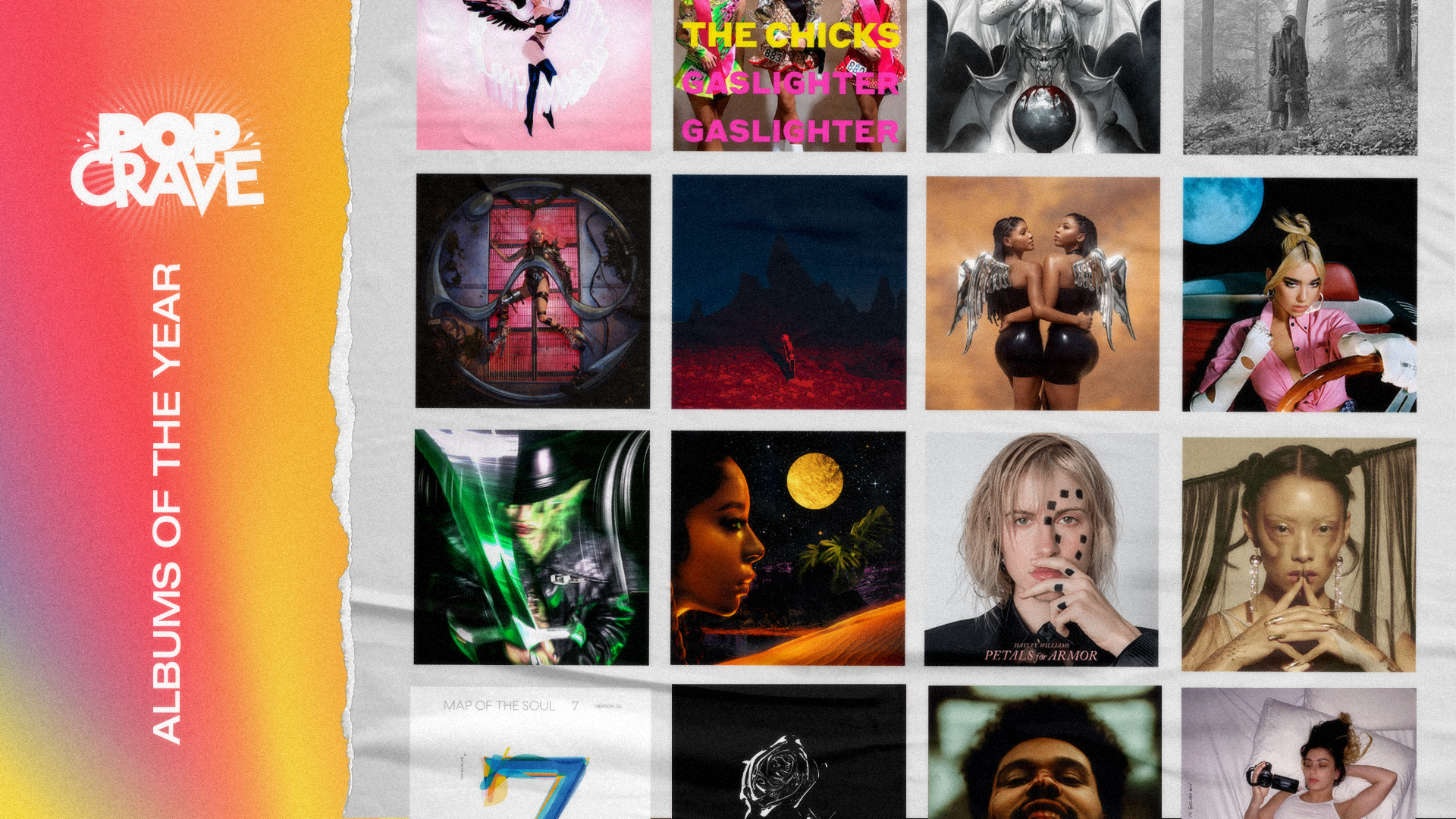When Atlantic Records signed Hayley Williams in 2003, their plan was for her to become a solo pop artist. Little did they know that her first piece of work would be two decades in the making. The reason, one that not even Williams could have known, is that the roots for what was to come with Paramore had already begun growing.
By 11, Williams had experienced three parental divorces, which she admitted to Zane Lowe exposed her to a lot of familial guilt, and forced her to normalize being in a broken family. In particular, her mother’s tumultuous second divorce saw Williams moving from Nashville hotel room to hotel room to trailer park, all while being homeschooled. It’s no surprise that Williams pushed back on the label’s wishes, opting to be in a band with her new friends the Farro brothers (Zac and Josh) and Jeremy Davis. Thus, Paramore was born.
By 20, it looked like her instincts had paid off. Paramore’s success was growing, quickly becoming regular Kerrang! cover-stars and touring the world as one of pop-punk’s few female fronted-bands. Williams was the flame-haired icon that most will still sentimentally remember her as. At this point, Williams entered a relationship with her now ex-husband Chad Gilbert of rock band New Found Glory, who inspired a majority of the melancholia heard on Paramore’s latest record, After Laughter. A musical and aesthetic departure for the band, they ditched the emo pop-rock look and sound of their early years in place of pastel-clad, new-wave pop. This style came juxtaposed with Williams’ most brutal songwriting yet, addressing their various line-up changes as well as her own marital issues and mental health over the past 10 years.
After spending her adolescence surrounded by broken families, it is evident that at 31, Williams has managed to cultivate her own fully-formed one. Petals for Armor was made entirely by Paramore members and their Nashville kin, with bassist Taylor York helming the production of the record and touring bandmate Joey Howard joining Williams as co-writer. To assume that Petals is simply a continuation of Paramore’s work would be a mistake. Williams is framed front-and-centre, and there are no other band members or hair colors to hide behind. All of the trauma and anger is forthright, all of the life lessons she’s learned – and is still learning – are vividly clear, concentrated into each track like chapters of a book.
The record opens with “Simmer,” a track seeped in quiet and hot-faced rage. We find a freshly-divorced Williams at an emotional fork-in-the-road, toeing the line between controlling her anger or letting it consume her. There’s a sense that this rage isn’t just her own, but also that of her mother, her friends, or anyone who might have experienced a bad break-up. The song’s main hook, “Gotta simmer, simmer, simmer, simmer down,” when sung quickly becomes ‘mercy, mercy, mercy,” doubling as a clever mantra to calm oneself. The record’s title and floral metaphors make their debut here (“wrap yourself in petals for armor”), Williams has chosen mercy over rage, flowers over swords.
This is just the beginning of her emotional uprooting, as the following song (“Leave it Alone”) evidences. Williams struggles to reconcile her own emotions with loss, coming to the bleak realization that “now that I finally wanna live, the ones I love are dyin.'” Much of Petals’ first half plays out to a similar tune, with Williams admitting things aloud that she’d previously repressed to stop them hurting any longer. “I got what I deserved, I was the other woman first” she declares on ‘Dead Horse’, retrospectively confessing that her marriage started as an affair and instilled shame within her that ensured it could never last. This cut is arguably the biggest overhaul of past trauma on the record, with the production intentionally calling back to the sadder, Afrobeat-tinged sounds of After Laughter as if to match that era of Williams’ life.
The crux of Petals comes from Williams exploring her own growth and seeking out redemption for her past. Despite being fronted by a woman with lots to say, or perhaps because of that fact, Paramore has rarely discussed femininity. Explorations of womanhood are peppered throughout Petals, but most succinctly on “Roses/Lotus/Violet/Iris.” Williams spins “Roses are red, Violets are blue” into her own poetry, a reminder to herself that the growth of those around her does not hinder her own. It not only marks a lyrical turning point on this record (“Now watch me bloom”) but also starkly contrasts some of Paramore’s earlier material. The band recently removed breakout-hit “Misery Business” from future live sets after years of criticism around its ‘anti-feminist’ message. It’s almost uncomfortable to imagine a 31-year old Williams singing this song, especially given the astute understanding of her experiences as a woman garnered since its release.
The record’s production also takes a turn on this half of the record, with influences varying from Radiohead to Solange’s A Seat at the Table to Björk’s Vespertine. Emotional vulnerability is ushered in alongside Williams’ eagerness to reconnect with positive emotions, and the result is uplifting. “Pure Love” sees her embracing the ability to fall in love again after the romantic troubles detailed earlier on the record. On “Taken” and “Sugar on the Rim,” two of the most experimentally fun tracks on the record, she puts this to the test by committing herself to a new lover.
The conclusion of Petals is where it’s most triumphant. “Crystal Clear” is a sweet, airy love song, in which Williams revels in her willingness to move on from the past, swearing that she will no longer “give in to the fear,” a complete 180 from who she was in “Simmer.” In an Instagram post, Williams explained that during the making of the song, York had secretly filmed her grandfather performing one of his own songs,
“Friends or Lovers,” and mixed it over the top of the final chorus as a surprise for her. Had she not overcome the personal issues displayed on this record and kept her chosen family around her, York would never have had the opportunity to do such a thing. It’s a charming ‘full-circle’ moment not only at the conclusion of the record, but in Williams’ personal life.
On the bridge of “Taken,” Williams states that it “might’ve taken 30 years, but I was always on my way to him.” It’s a line obviously directed at her new lover, but one that could just as easily be about this record. Petals for Armor is redemption decades in the making, a solo album that could not have come any earlier or later in Williams’ life or career. For old fans, it’s a cathartic and honest chapter to add to the Paramore story. For new ones, it’s a refreshing tale of a woman reaching full bloom.





